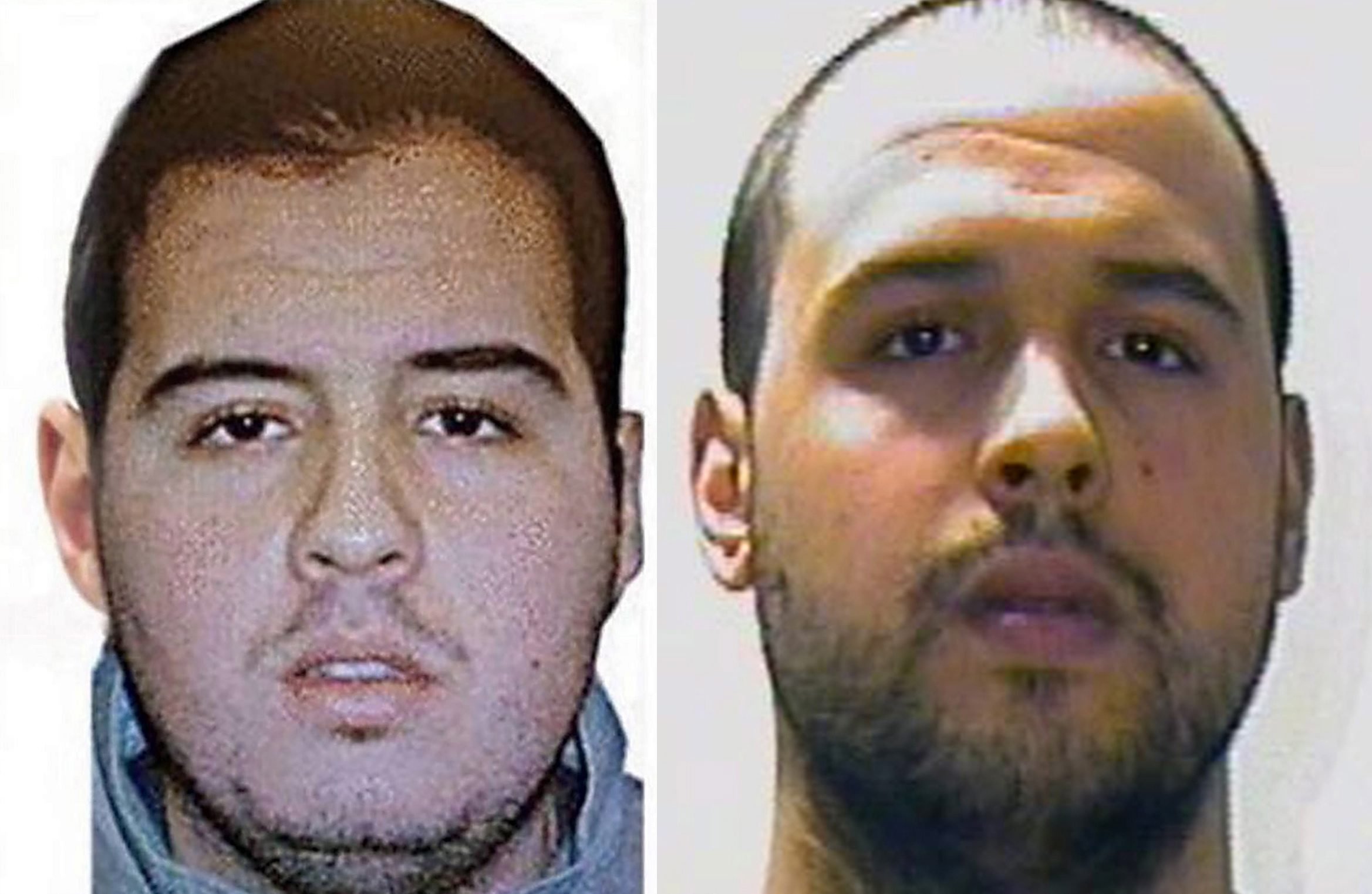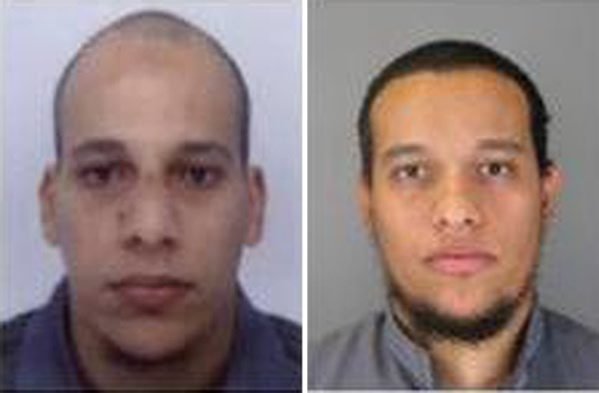
The most dangerous person Khalid El Bakraoui ever met might have been Brahim El Bakraoui — and the same goes the other way around. The El Bakraouis were brothers in life and brothers at the moment of their violent deaths, accused of setting off suicide bombs at Brussels Airport and the city’s subway station that killed 31 people and wounded hundreds.
The recent history of terrorist slaughter has been marked by a series of brothers gone bad. Salah and Brahim Abdeslam are alleged to have worked side by side in the November attacks in Paris that killed 130 people. Salah was captured in Brussels on March 18; Brahim died in a suicide blast during the Paris violence. Cherif and Said Kouachi staged the Charlie Hebdo attacks in January 2015, and the Boston marathon bombing in 2013 was similarly the work of brothers — Dzhokhar and Tamerlan Tsarnaev.

All that fraternal bloodthirstiness naturally raises the question of whether, for all the good that can come from the sibling bond, there is something pernicious lurking too. Does one sibling — particularly one brother — have a particular power to incite the other to violence? Do criminal siblings somehow potentiate murderous tendencies in each other in ways an unrelated accomplice couldn’t? There are not — thankfully — enough terrorist siblings to permit anything like a reliable sample group that could answer those questions, but existing research does suggest that yes, there is something special about siblings as killers. As I wrote at the time of the Charlie Hebdo killings:
Brothers and sisters influence one another’s behavior in a way that no other person in their lives — not parents, not teachers, not friends or spouses — seems to be able to, especially when it comes to bad behavior. A younger brother or sister is twice as likely to drink and four times as likely to smoke if an older sibling has already picked up the habits, according to research I reported in my 2011 book The Sibling Effect. Younger sisters are four to six times likelier to become pregnant in high school if their big sisters were teen moms first.
“Having an older sibling exposes you to things firstborns simply aren’t exposed to,” Susan Averett, a professor of economics and a siblings expert at Lafayette College, told me. “You see things you wouldn’t otherwise have seen. In some ways your innocence gets taken away.”
Smoking and drinking are minor stuff compared to murder — especially murder on so grand and operatic a scale as happened in Brussels this week — but what starts small can get very big, very fast. All manner of criminal behavior can be part of a sibling-to-sibling legacy that psychologists and sociologists call “delinquency training.”
When that training leads to homicide, grievance can play a big part too. Lyle and Erik Menendez, who killed their parents in a tony Los Angeles suburb in 1989 and whose televised trial was a kind of O.J. spectacle before there was O.J., appear to have murdered mostly for their inheritance, but testimony at their trial suggested that they goaded each other on with reminders of ways in which they believed their parents had mistreated them.
Ideological grievance — a deep cultural resentment that may run back centuries — can be even more powerful, if only because there is a sprawling network of similarly inclined people who can echo and animate the rage. Still, joining that community is easier for one sibling when another has joined first. Typically, it is pairs of brothers who become radicalized this way, and typically too it is the older one who takes the lead. As I wrote about the Tsarnaevs in 2015:
Dzhokhar … a Chechen immigrant like his older brother, was a scholarship student who wanted to study nursing and was variously described by his friends [as] generous, compassionate, thoughtful, never showing a sign of trouble. Tamerlan, on the other hand, never quite adjusted to life in the U.S. and retreated further and further into isolation and resentment. “I don’t have a single American friend because I don’t understand them,” he complained in 2010.
But he did have Dzhokhar, and once Tamerlan began flirting with jihad in 2011, it might have been relatively easy for him to bring his little brother around — especially because no matter how well Dzhokhar assimilated in the U.S., he was still an outsider by birth, language, culture and … violent, religiously driven politics.
In the case of the Charlie Hebdo attackers, it was the younger brother who appeared to have taken the radicalization lead, drawing his older brother into jihad. Personality more than age probably made the difference here, with the stronger, more dominant sibling running things. Typically, it is an older brother or sister who exhibits this take-charge quality, but not always.
Terrorism, of course, is a crime with many roots, and the sibling bond is a comparatively small one. But it is a root all the same — just one more that has to be pulled out and understood if tragedies like the Brussels killings are going to come to an end.
More Must-Reads from TIME
- Why Trump’s Message Worked on Latino Men
- What Trump’s Win Could Mean for Housing
- The 100 Must-Read Books of 2024
- Sleep Doctors Share the 1 Tip That’s Changed Their Lives
- Column: Let’s Bring Back Romance
- What It’s Like to Have Long COVID As a Kid
- FX’s Say Nothing Is the Must-Watch Political Thriller of 2024
- Merle Bombardieri Is Helping People Make the Baby Decision
Write to Jeffrey Kluger at jeffrey.kluger@time.com